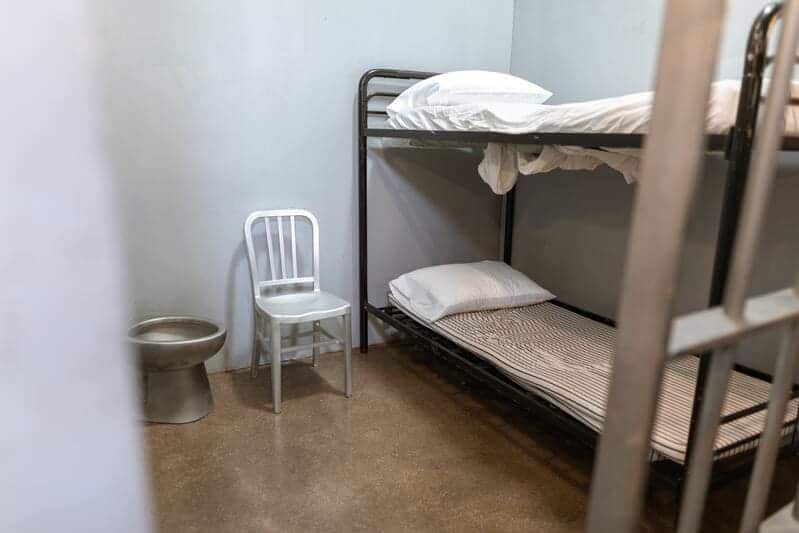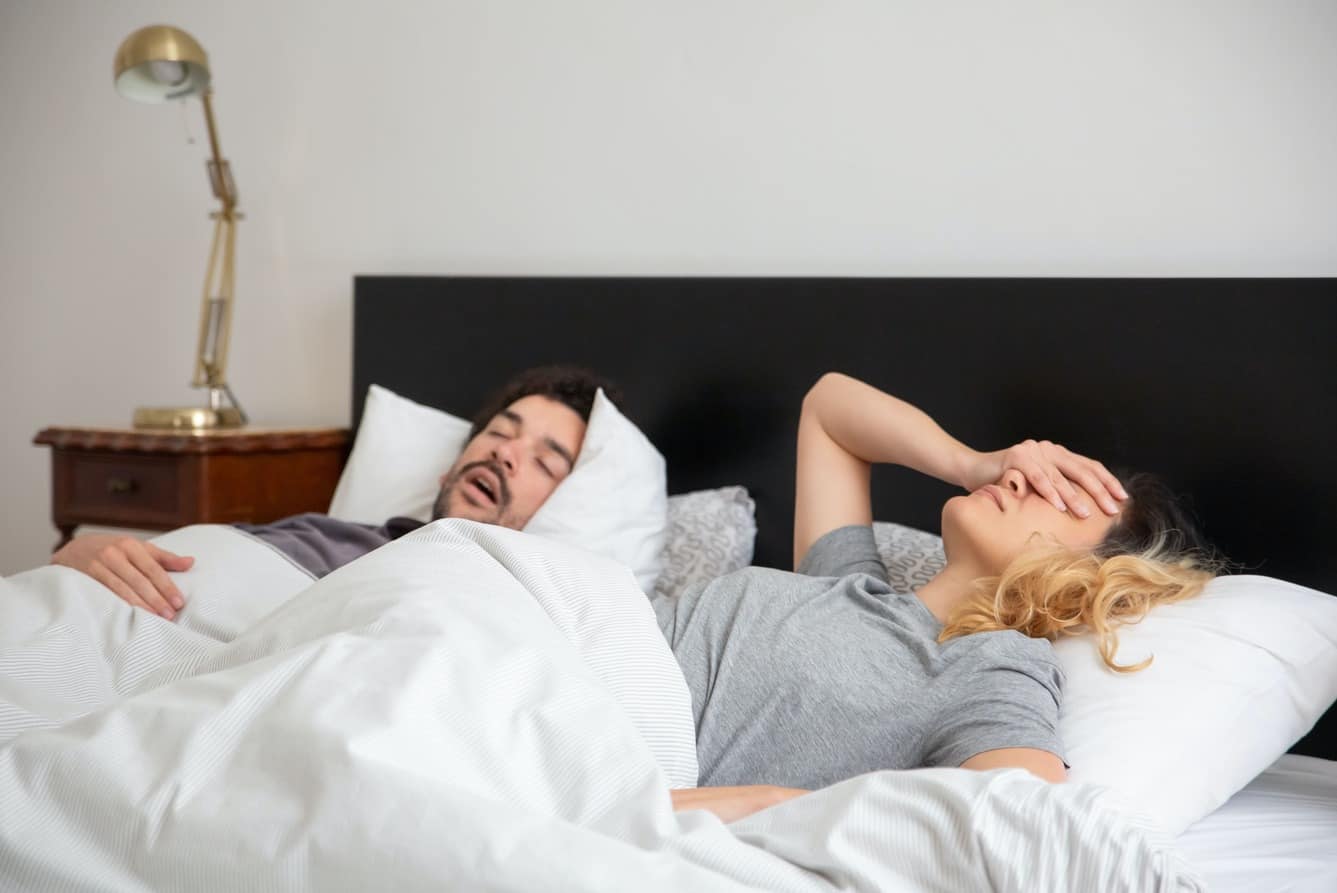The use of CPAP machines in prisons is crucial for addressing the health needs of incarcerated individuals. However, the unique environment of correctional facilities presents specific challenges that need to be taken into account when using these machines.
Here are six factors to consider:
#1 Power Sources
Prisons often have limited access to electricity, which can make it difficult to power CPAP machines. Correctional officials should consider alternative power sources, such as portable batteries or solar-powered chargers, to ensure that the machines can be used consistently.
#2 Noise
CPAP machines can be noisy, which can be a source of disturbance for other inmates. To address this issue, correctional facilities can provide designated sleeping areas for inmates using the machines, use quieter machines, or provide soundproofing materials to reduce noise levels.
#3 Cleanliness
Prisons can have compromised air quality due to inadequate ventilation systems, which can lead to issues with the cleanliness of CPAP machines. Regular maintenance and cleaning are essential to ensure that the machines are functioning correctly and not contributing to respiratory problems.
#4 Compliance
Ensuring compliance with treatment can be challenging in the prison environment. Inmates may be frequently moved between facilities or have limited access to medical care. Correctional officials can work with medical staff to develop systems for tracking treatment compliance and ensuring continuity of care.
#5 Privacy
The use of CPAP machines can limit the privacy of inmates, especially if they are required to use them in communal sleeping areas. Providing separate sleeping arrangements or designated sleeping areas can help to address privacy concerns.
#6 Size
The size of CPAP machines can also be a consideration, as space can be limited in a prison environment. Compact and portable CPAP machines can be a suitable option, especially if inmates need to move between facilities frequently.
The Takeaway
In conclusion, the use of CPAP machines in prisons requires careful consideration of factors such as power sources, noise, cleanliness, compliance, privacy, and size.
By addressing these factors and selecting appropriate machines, correctional facilities can ensure that the use of CPAP machines is effective, consistent, and promotes positive behavior among inmates.






